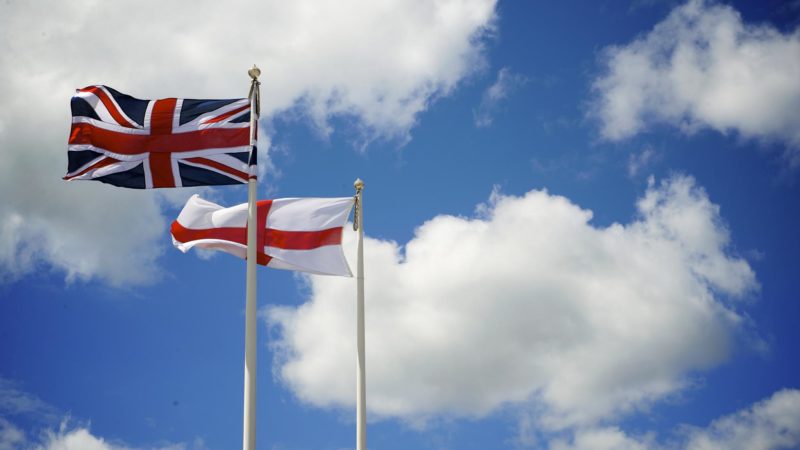
Today we’ll have the first major St George’s Day celebrations in Southampton. Community groups and schools will take part in St George themed events and an evening festival will celebrate the community organisations helping to make this great English city a good place to live.
St George’s Day celebrations have been spreading in recent years. As in Southampton, they are usually non-party political but often have the support of Labour councils. There’s a sense they are important, perhaps as a counter balance to other cultural festivals, but there’s not been much discussion about the role they might have in shaping a modern, inclusive, English identity.
I’ve always felt English, even when it was more unfashionable to say so in Labour circles. Today, the majority of England’s residents say they are English before they are British or other identity. While the good news is that Englishness is the identity of choice of vastly more people than those who follow UKIP or rejectionist groups, it’s not clear what form it will finally take. What Labour canvasser has not heard a white voter say ‘you’re not even allowed to say you are English anymore’? While this obviously isn’t true in any legal or cultural way, it does reflect a frustration with the wording of official forms and a multi-culturalism that is perceived – rightly or wrongly – to give more voice to minority and new communities than to the majority or the nation as a whole.
One version of Englishness would simply give an ‘English majority’ a community status alongside all the minority communities. ‘They have their festivals, we should have ours’. But that would be a narrow, inward looking Englishness. It would not only be ill-equipped to face the future, but would be out of step with the everyday lives of millions of English people who are neither ethnically pure nor culturally homogeneous (and never have been). Englishness does need to include those who currently feel excluded and voiceless but it also has to be a national identity capable of being shared by everyone making their homes and future here.
That can be done; the history of this island is of taking new people and new ideas and making them part of England’s story. But if we want it to happen now and to happen quickly it will require a conscious and organised effort.
In the past, the left used to duck this issue, either eschewing all national identities or assuming the English would be content to shelter under a British umbrella. That’s just not going to happen.
St George’s Day can be one of the tools for a more inclusive and progressive future. How we’ll ours will go remains to be seen, but I can share some of our thinking:
- by focussing on the role of community groups, supported by local student made films, we can reflect our diversity through the common ground of working for change, not a head counting political correctness
- by asking what modern dragons we need to slay, we can explore common values for an English future
- by building in the spoken word, poetry, classical music, traditional folk and the music of new comers we can make culture a shared and enriching experience
- by celebrating Shakespeare’s birthday, also on April 23rd, we not only celebrate England’s greatest export, English, but underpin the common language that must bind us together
- by remaining non-party and involving faith and voluntary organisations it’s clear that we don’t think national identity can belong to one party.
- On the right and centre right, national cultural politics have often been part and parcel of their story; this type of broad based cultural politics is still not the natural territory of the left. I hope that is beginning to change.




More from LabourList
Reeves bets on patience over populism
‘Energy efficiency changes must work for older private renters’
‘Labour’s creative destruction dilemma’